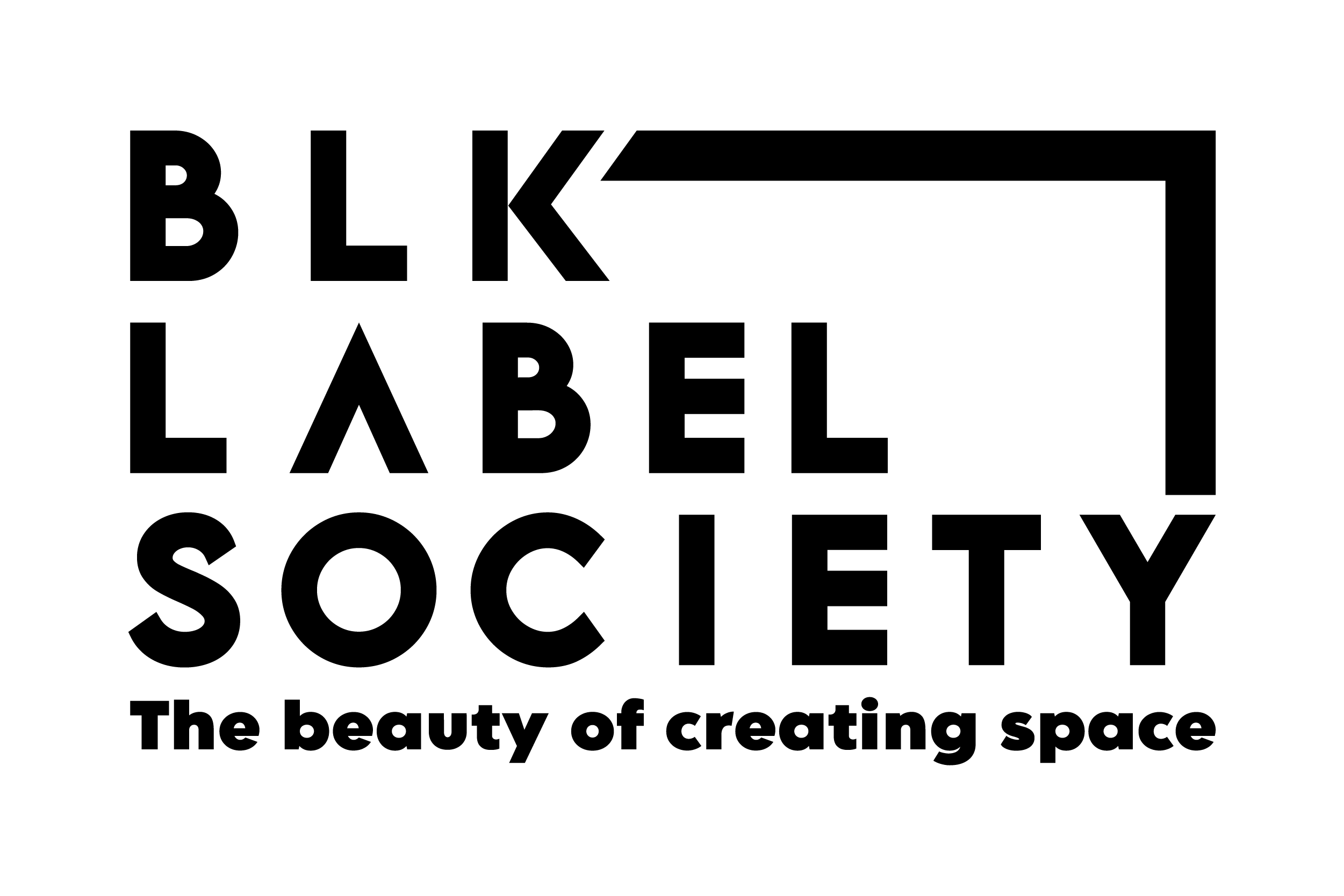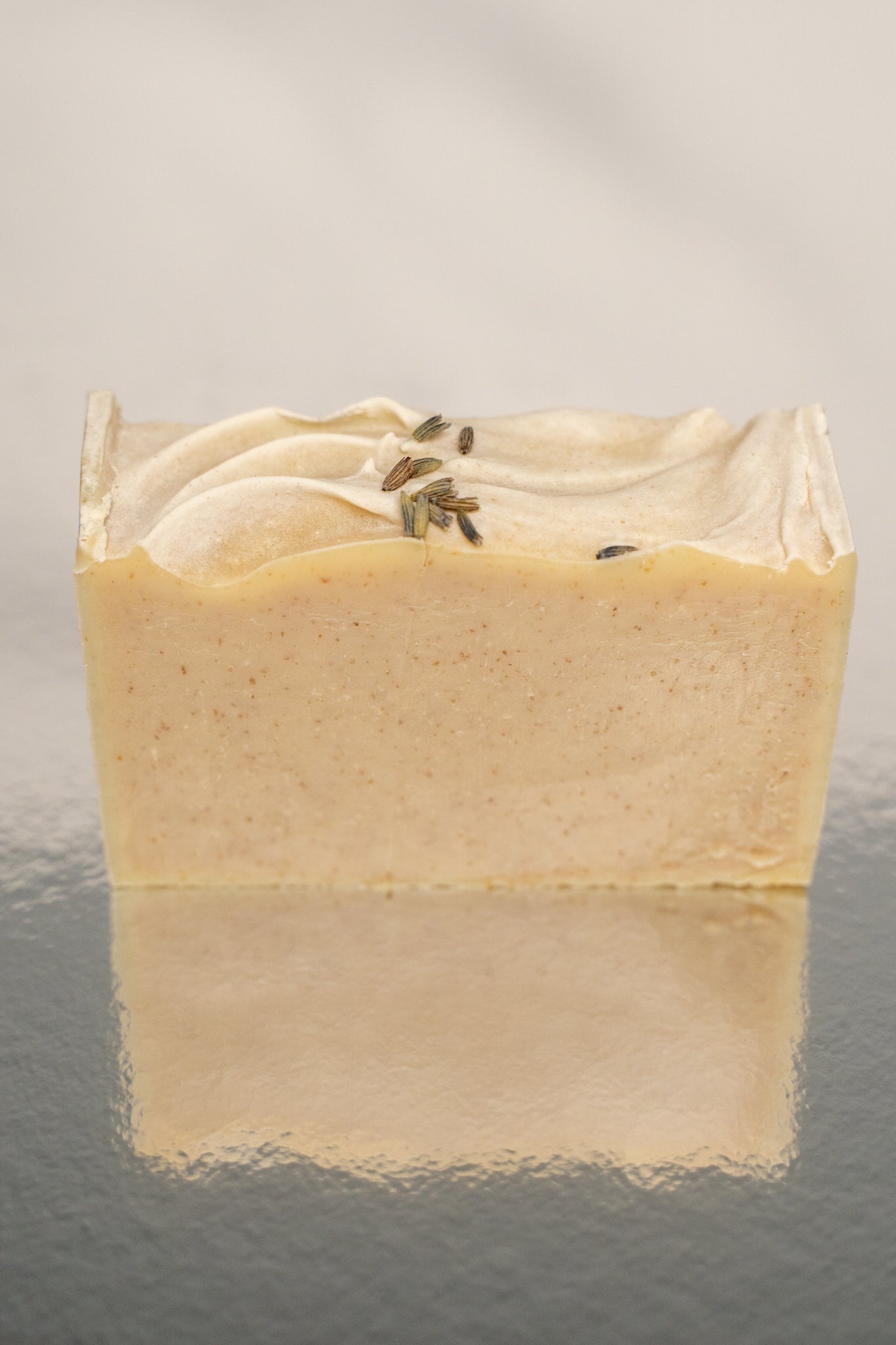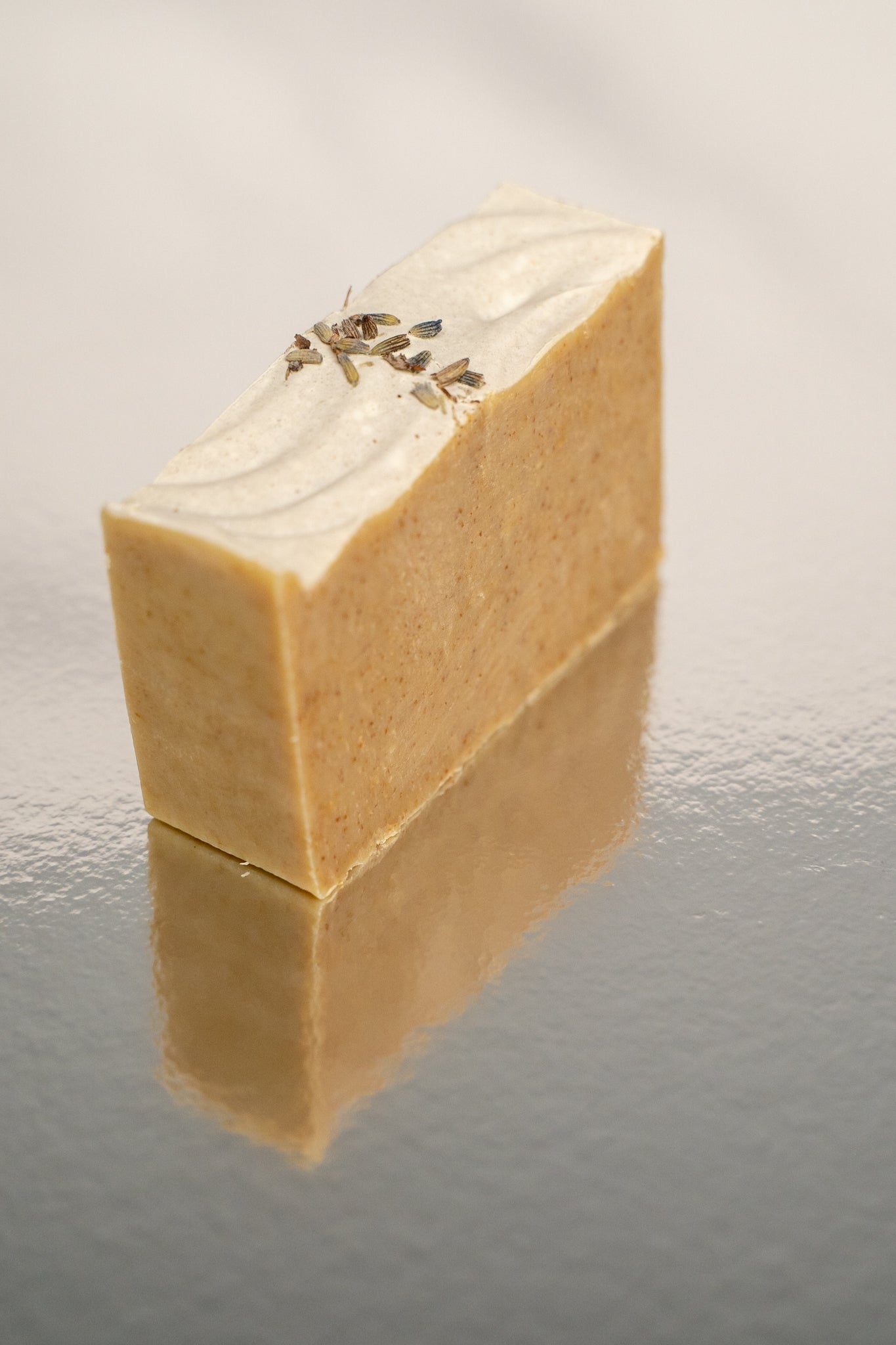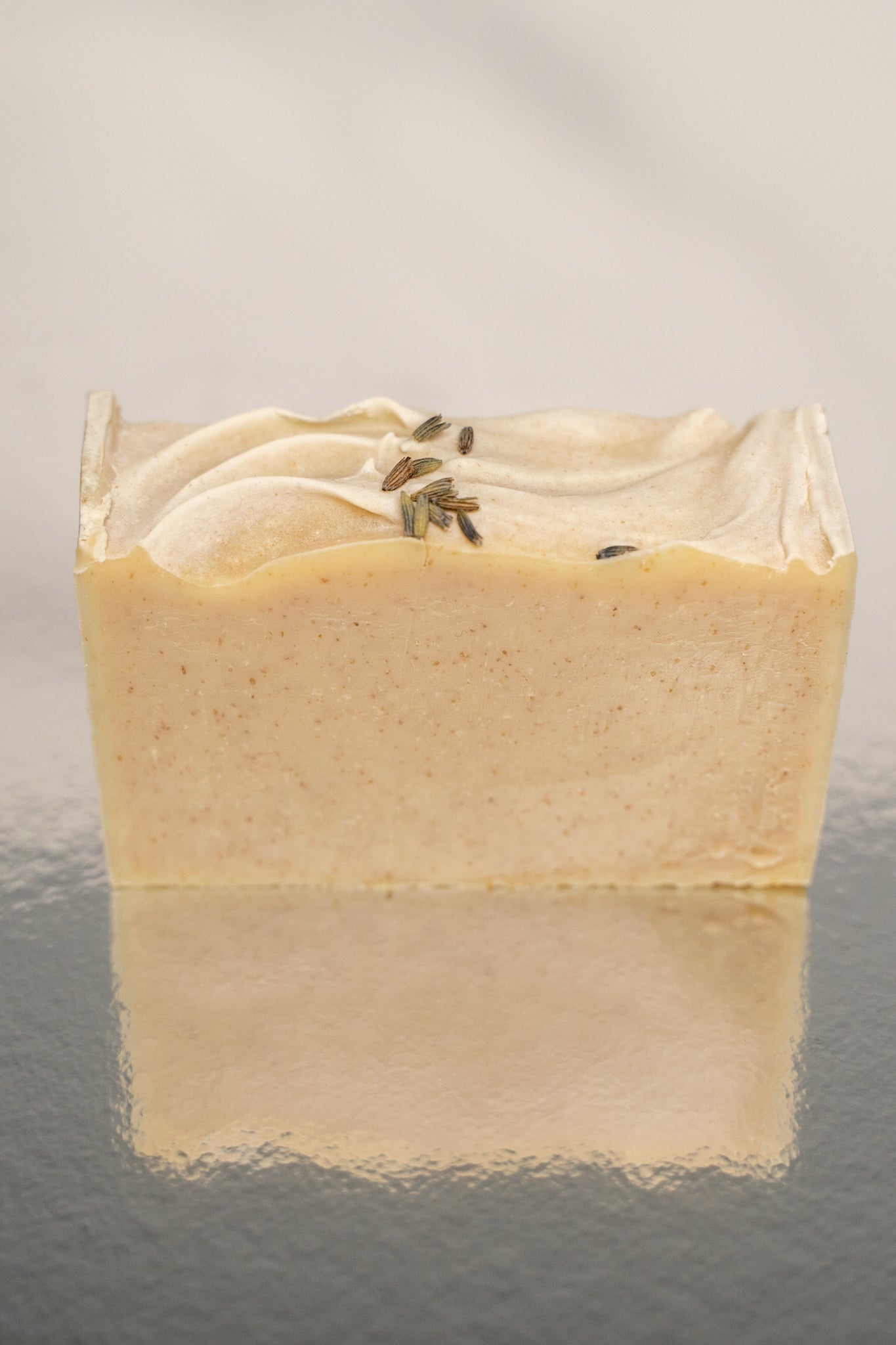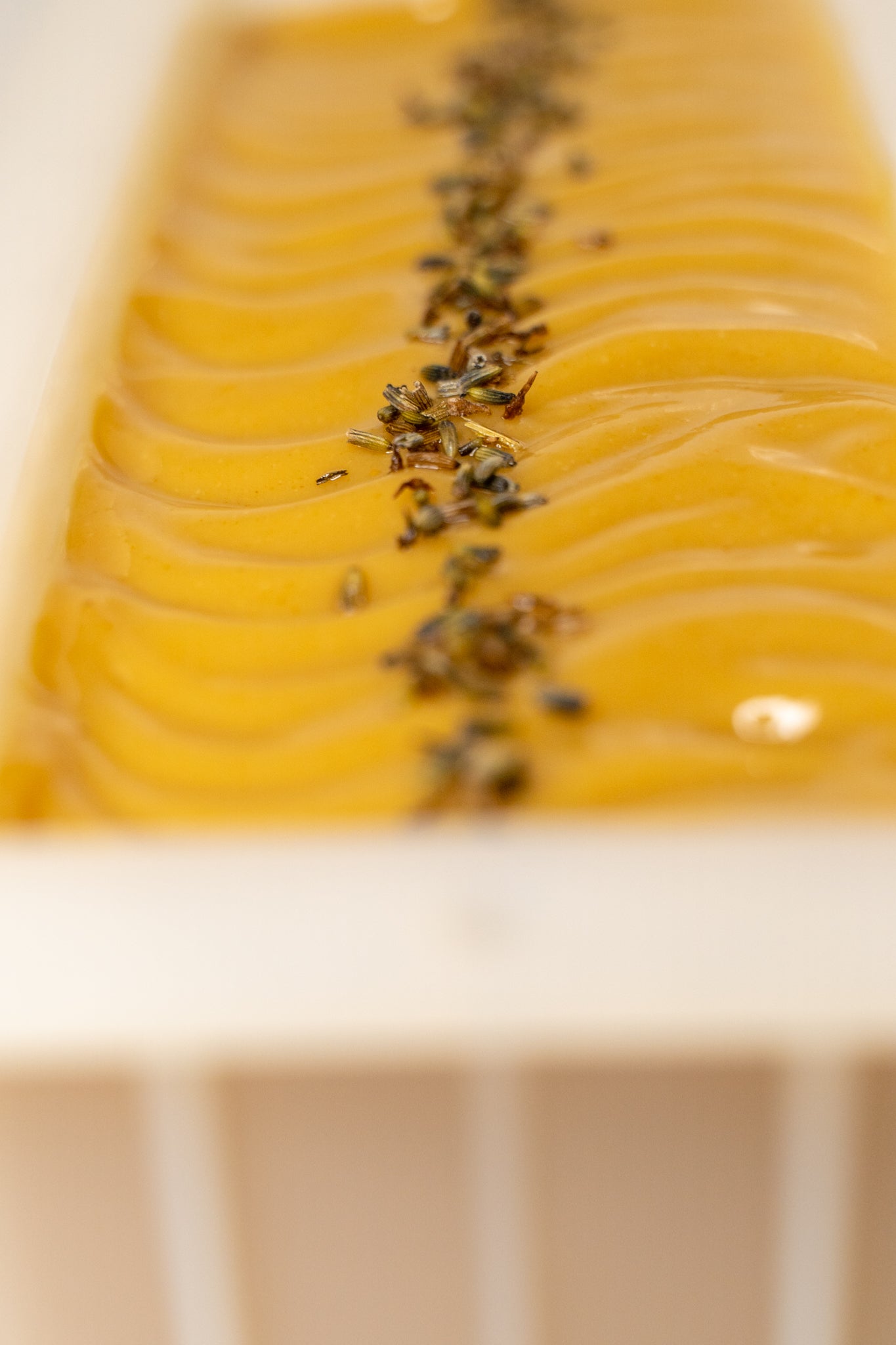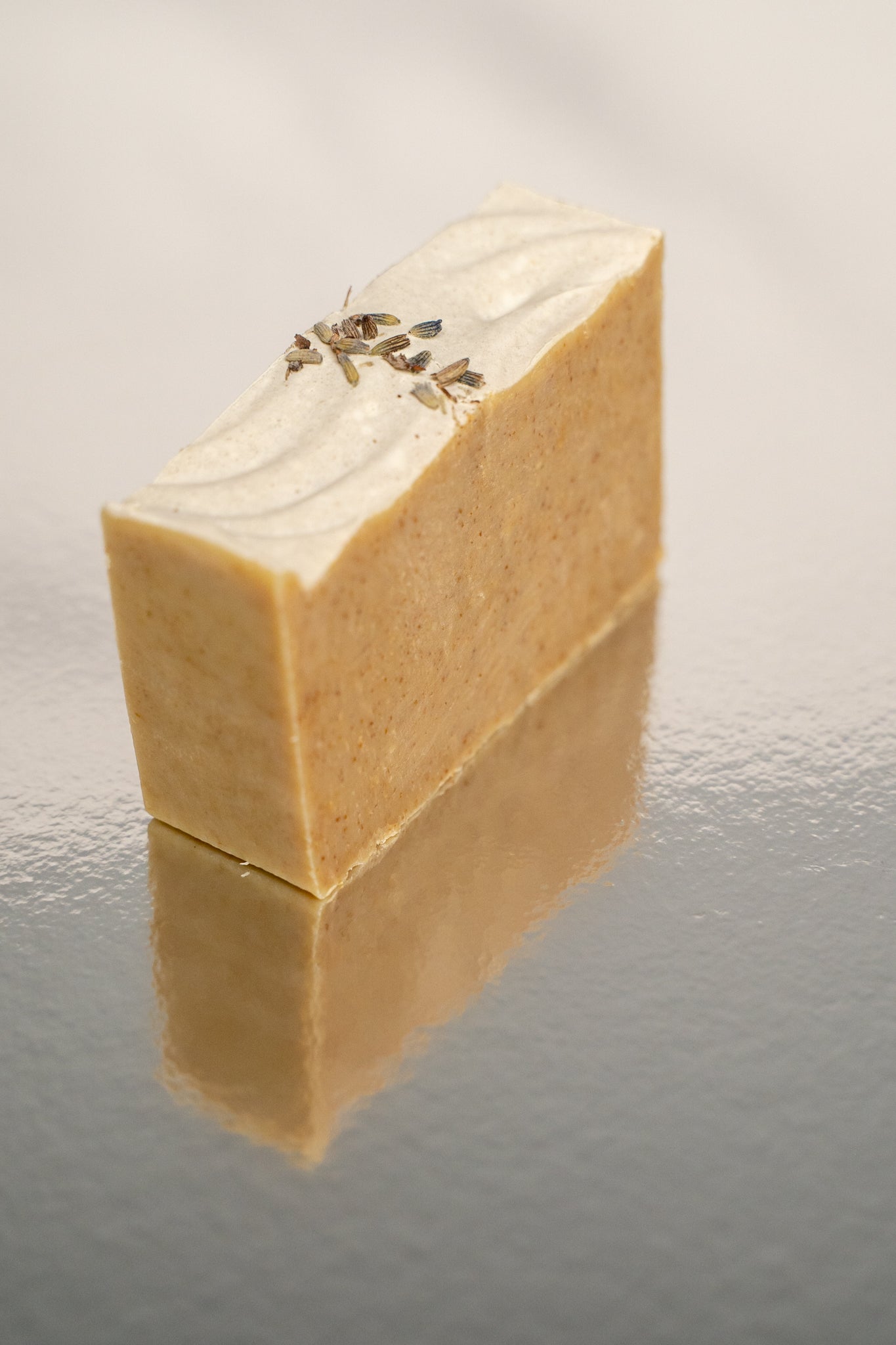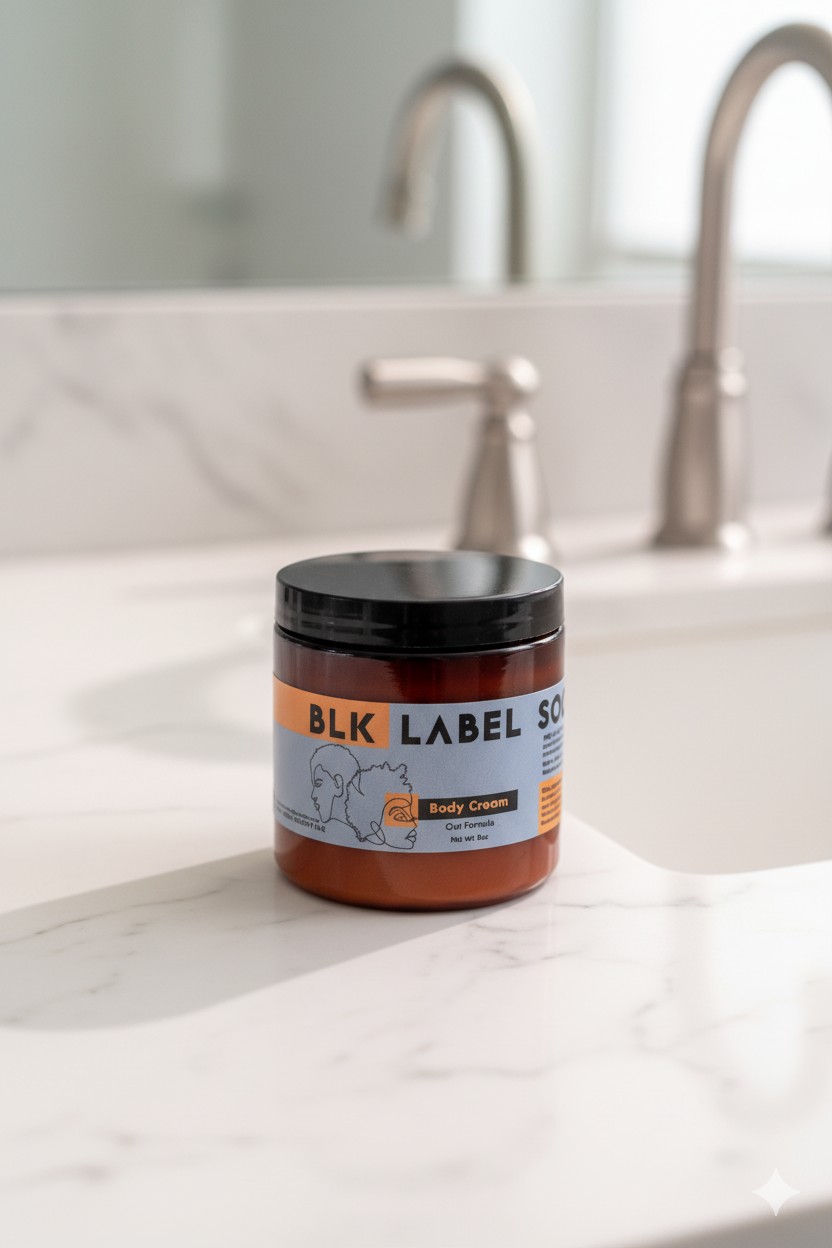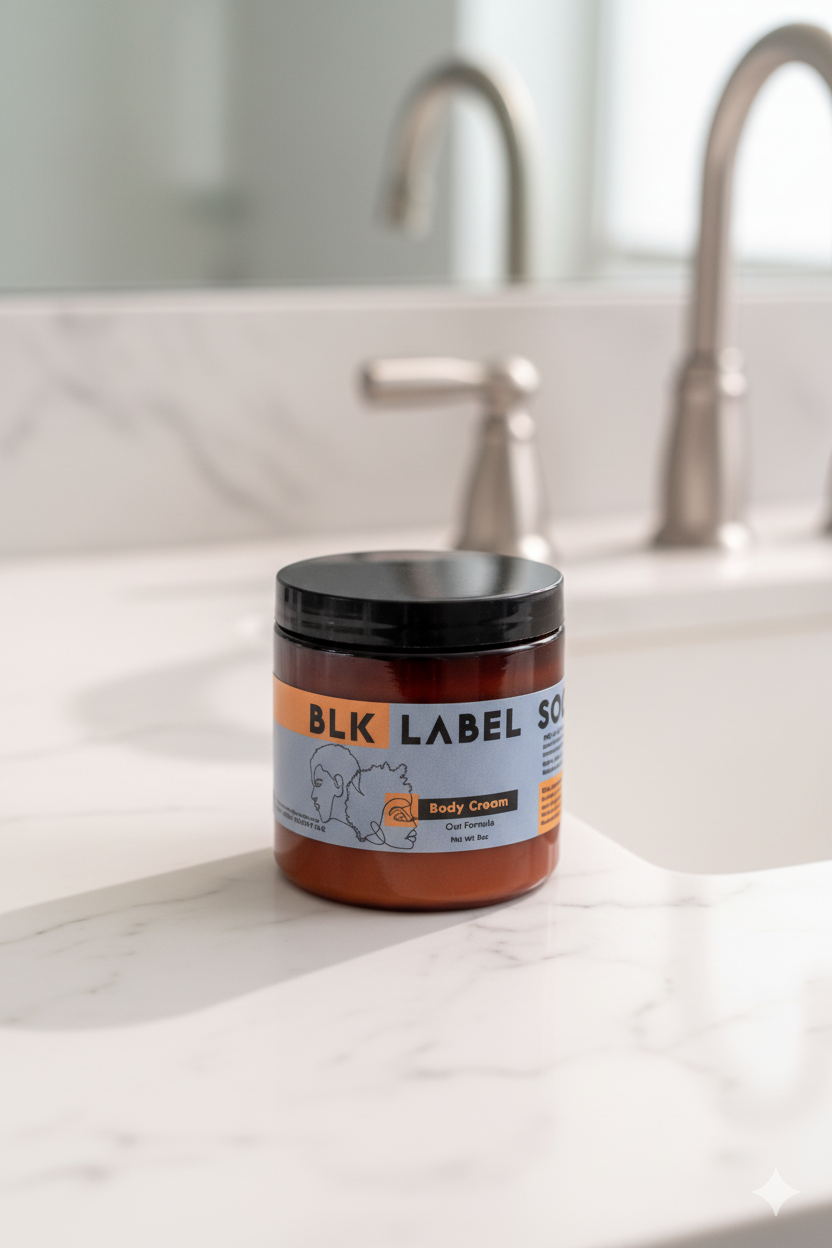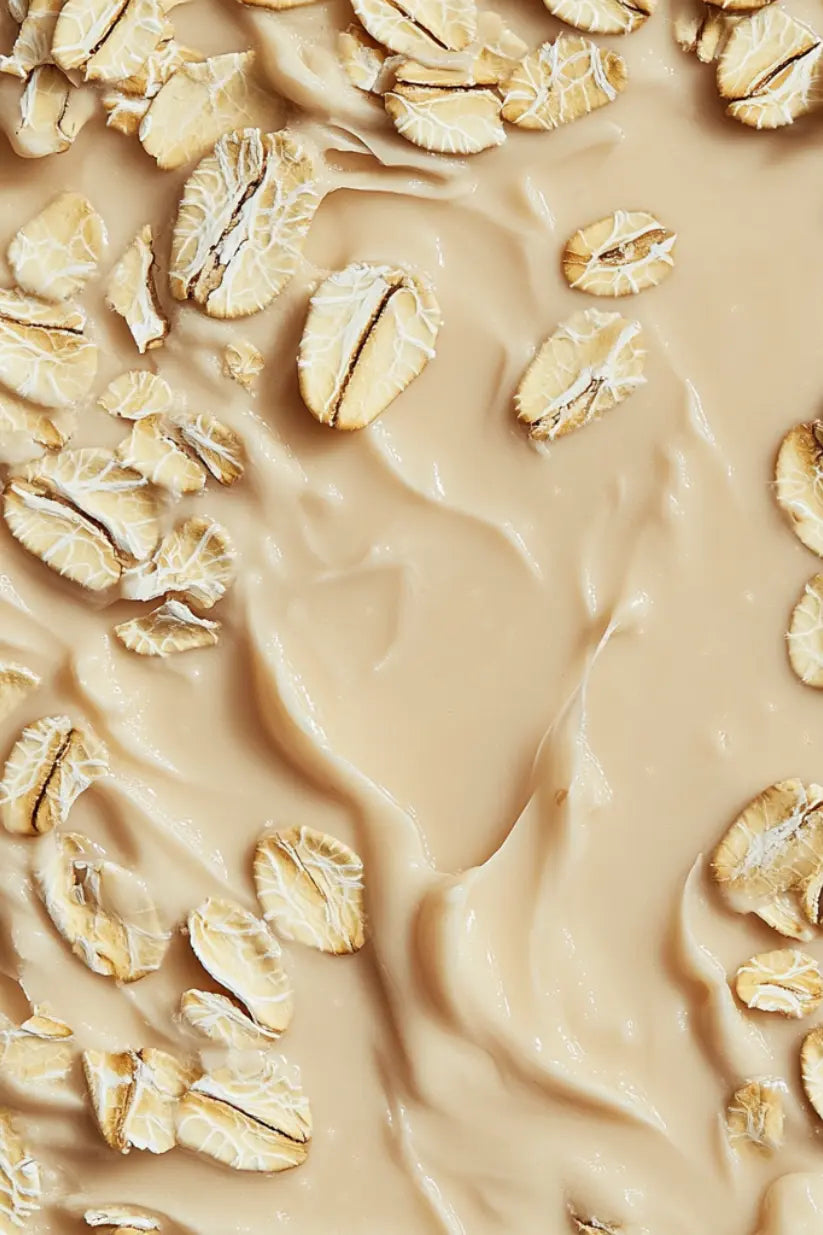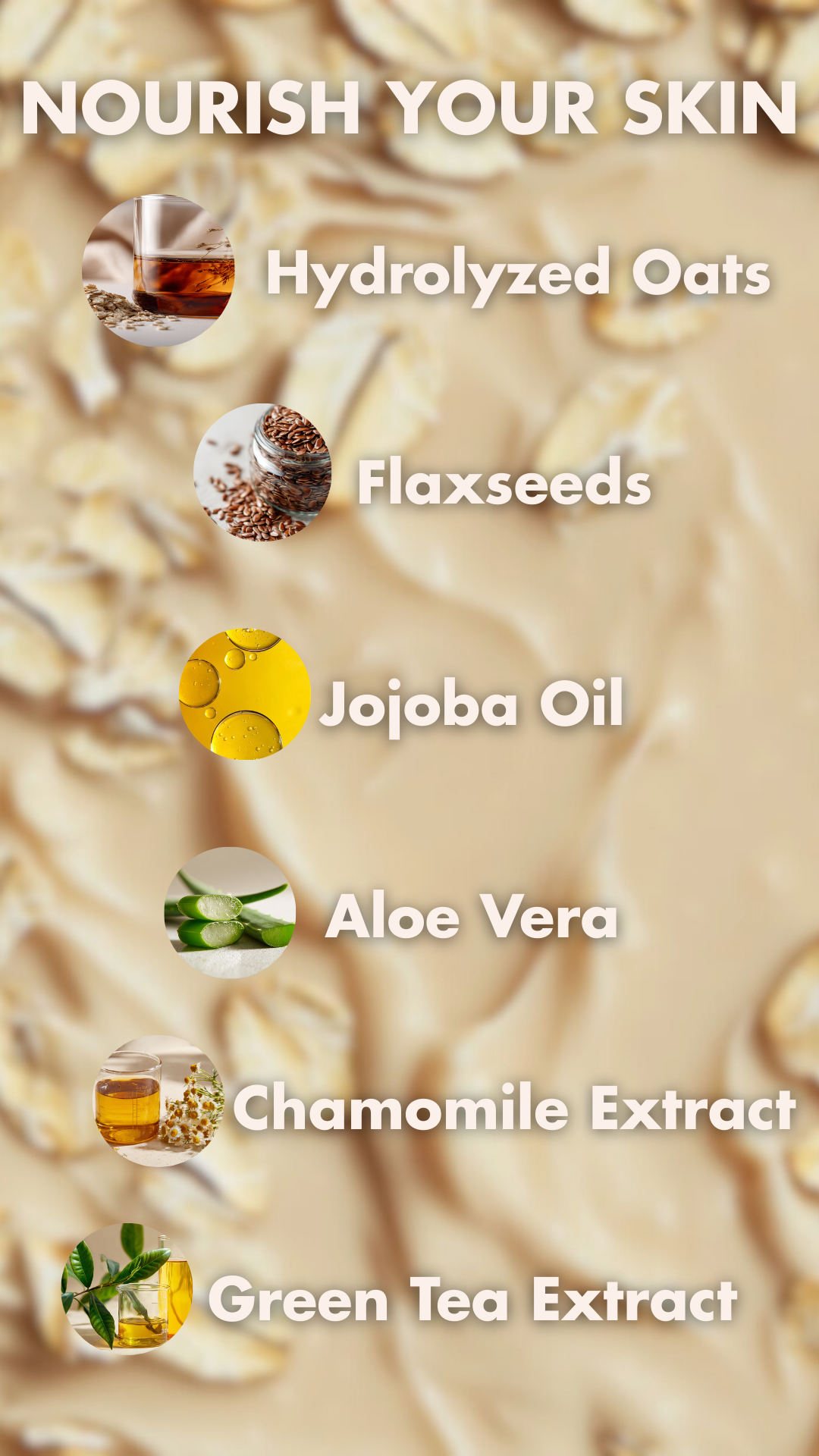If you've been following our blog, you're already aware of the unique characteristics that make melanin-rich skin special. In this article, we'll delve into the world of moisturizers and explore how different types can specifically benefit melanated skin. As we mentioned previously, melanated skin often experiences lower levels of ceramides, higher rates of T.E.W.L. (transepidermal water loss), and is prone to hyperpigmentation due to the skin's inflammatory response. To address these concerns, it's crucial to incorporate a combination of emollients, occlusives, and humectants into our skincare routine. (The next article will address hyperpigmentation).
Let's dive right in!
HUMECTANTS:
Moisturizing ashy, dry skin goes beyond the simple act of hydration. We need to find ways to not only deliver hydration & moisture but also ensure that it stays locked in.
Humectants are the superheroes of attracting moisture. Their hygroscopic nature allows for the ability to attract and retain water from the environment, keeping the skin hydrated and supple. They are especially valuable for melanated skin prone to hyperpigmentation, as sufficient hydration promotes a healthy skin barrier and helps reduce inflammation.
Some popular humectants include hyaluronic acid, glycerin, honey and aloe vera.
However, many fail to mention that if you live in a drier climate, or if its winter season, humectants can actually draw water from within your own skin because there is a lack of moisture in the environment, thus leaving your skin feeling drier. But at the end of the day, everyones skin is different. Some people love humectant rich products even in the winter-time. Humidifiers are a great option to add moisture back into the environment.

OCCLUSIVES:
Occlusives act as a shield, preventing water loss and preserving the moisture within the skin. They create a barrier that helps to retain hydration for longer periods, allowing it to perform its vital functions. As we age, the decline of natural fatty acids and ceramides makes it even more important to replenish and lock in moisture effectively. By incorporating occlusives into our skincare routine, we can counteract the loss of water content and maintain a plump and healthy complexion.
Some examples of occlusives: Shea Butter, Lanolin, Mineral Oil, Silicones, Beeswax, and Petroleum Jelly.

EMOLLIENTS:
Emollients, a group of ingredients, possess the remarkable ability to penetrate between skin cells, resulting in softening and smoothing effects. Have you ever experienced the instant glow that appears when you apply lotion or cream to dry or dull skin? That luminosity is a direct result of emollients working their magic. By filling in the gaps between dry skin cells, emollients plump them up, creating a more even surface that reflects light beautifully.
The range of emollients include: plant oils (argan, rosehip seed oil, hemp seed oil), squalane, cocoa butter, shea butter (note some ingredients can fall into multiple categories)

Melanated skin requires special care, and by understanding the advantages of occlusives, humectants, and emollients, you can address its unique needs. Occlusives create a protective barrier, preventing moisture loss and promoting hydration, while humectants attract and retain moisture, combating dryness and promoting suppleness. Emollients penetrate between skin cells, softening and smoothing them for a radiant and even skin surface. Incorporating ingredients like Shea Butter, Glycerin, Plant Oils (such as argan and rosehip), and other skin-nourishing ingredients into your skincare routine can enhance the beauty of your melanated skin, ensuring optimal hydration and a glowing complexion.
Next weeks blog post will discuss the concerns of hyperpigmentation and talk about the ingredients that regulate melanin production.
